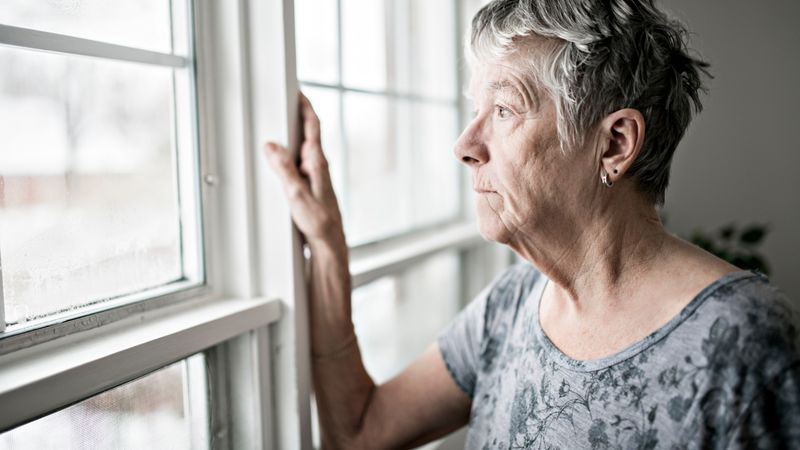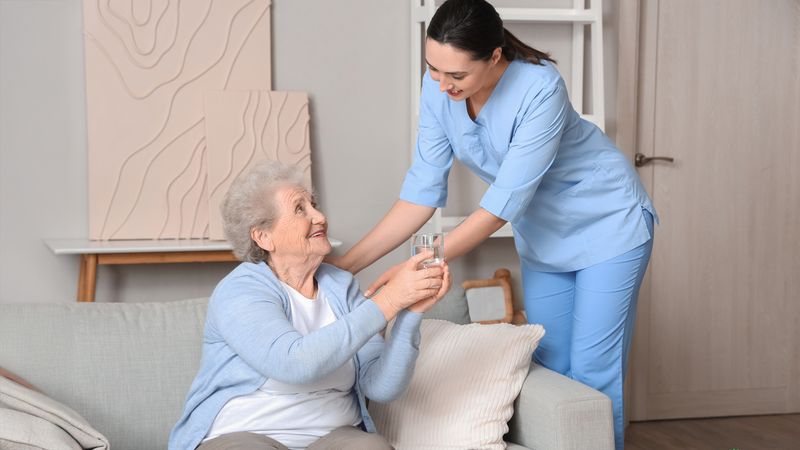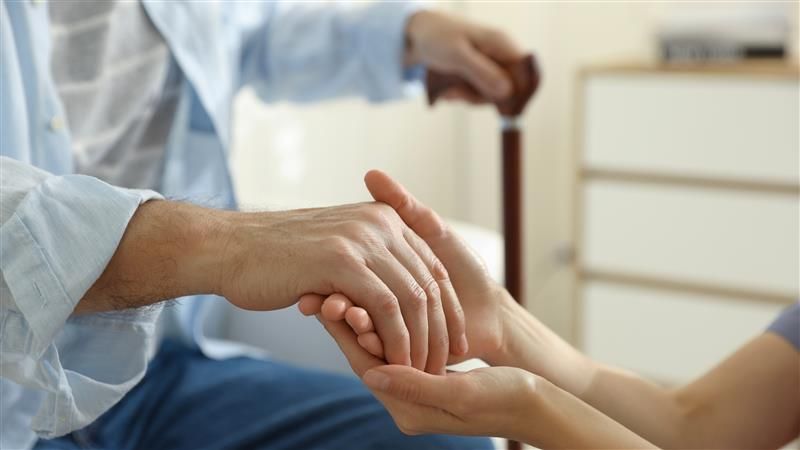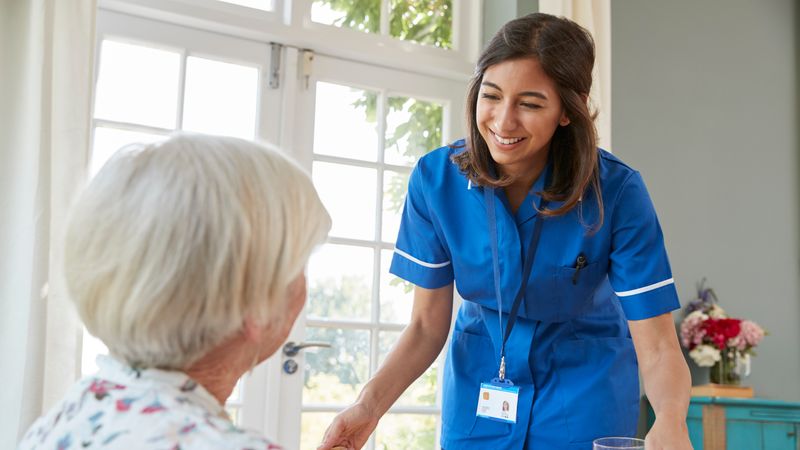In the last year, a total of 16,739 reports of adult abuse were raised across Kent and Medway.
Adults can be at risk of different kinds of abuse and it can happen anywhere. This could be an adult neglecting themselves, or when someone else treats them in a way that harms or hurts them. It can happen once or on multiple occasions. People who abuse are not always strangers, they can also be partners, relatives, a friend, neighbour or carer.
The Kent and Medway Safeguarding Adult Board (KMSAB) is raising awareness to members of the public this National Safeguarding Adults Awareness Week (20-24 November), on how to spot the signs of abuse and how members of the community can report their concerns.
The Kent and Medway Safeguarding Adults Board (KMSAB) is supporting the Ann Craft Trust National Safeguarding Adults Awareness Week and is calling on people and organisations to come together to raise awareness of important adult safeguarding issues and how to notice and report these, facilitate conversations and learn about safeguarding best practice.
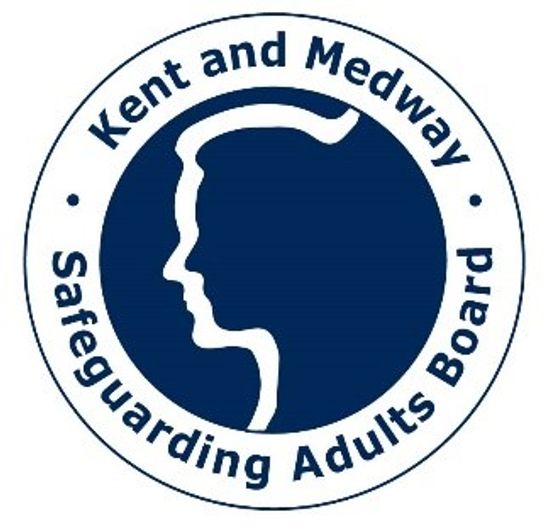
Working together to keep adults at risk of abuse or neglect safe.
Whether it’s a sudden change in the appearance or behaviour of a friend or family member or concerns about an aspect of someone’s care in a residential home or hospital, such information could be vital in helping authorities protect adults from exploitation and abuse.
This year the theme is ‘Safeguarding Yourself and Others’ and covers how organisations and individuals can take steps to minimise the risk of harm occurring in the first instance, whilst simultaneously ensuring correct policies and procedures are in place so that any safeguarding concerns raised, are recognised, and responded to effectively.
Each day of the week will focus on a different safeguarding theme:
- Monday: What’s My Role in Safeguarding Adults?
- Tuesday: Let’s Start Talking – Taking The Lead on Safeguarding in Your Organisation
- Wednesday: Who Cares For The Carers? Secondary and Vicarious Trauma
- Thursday: Adopting a Trauma Informed approach to Safeguarding Adults
- Friday: Listen, Learn, Lead – Co-Production With Experts by Experience

“Safeguarding is everybody’s business. We all have a shared responsibility to look after each other...”
Andy Rabey, Chair of the KMSAB said: “Enabling people to protect themselves through awareness raising and early interventions are important ways in which we can help to prevent the abuse of vulnerable adults in our community. Safeguarding is everybody’s business. We all have a shared responsibility to look after each other and it is crucial that we are all aware of the signs of abuse and neglect, in its many forms and how to support each other to get help.”
The Kent and Medway Safeguarding Adults Board has used the Ann Craft Trust resources to put together a KMSAB Media Pack, where resources specifically for Kent and Medway organisations can be found. For further information visit: Kent and Medway SAB - Safeguarding Adults Awareness Week 2023 (kmsab.org.uk)
For information on the Kent and Medway Safeguarding Adults Board and how to report abuse, visit https://www.kmsab.org.uk
For more information on the Ann Craft Trust Safeguarding Adults Awareness Week visit: Safeguarding Adults Week 2023 Key Themes – Safeguarding Yourself and Others - Ann Craft Trust
To report a rogue trader or a scam, contact Citizen Advice consumer service (CACS) helpline 03454 040506 who will then contact your local Trading Standards.
To report non-urgent incidents to Kent Police go to kent.police.uk/report. Always call 999 in an emergency.
Adult abuse. See it, report it, stop it.
#SafeguardingAdultsWeek #SeeReportStop

Supporting organisations to safeguard adults at risk and minimise the risk of harm.
